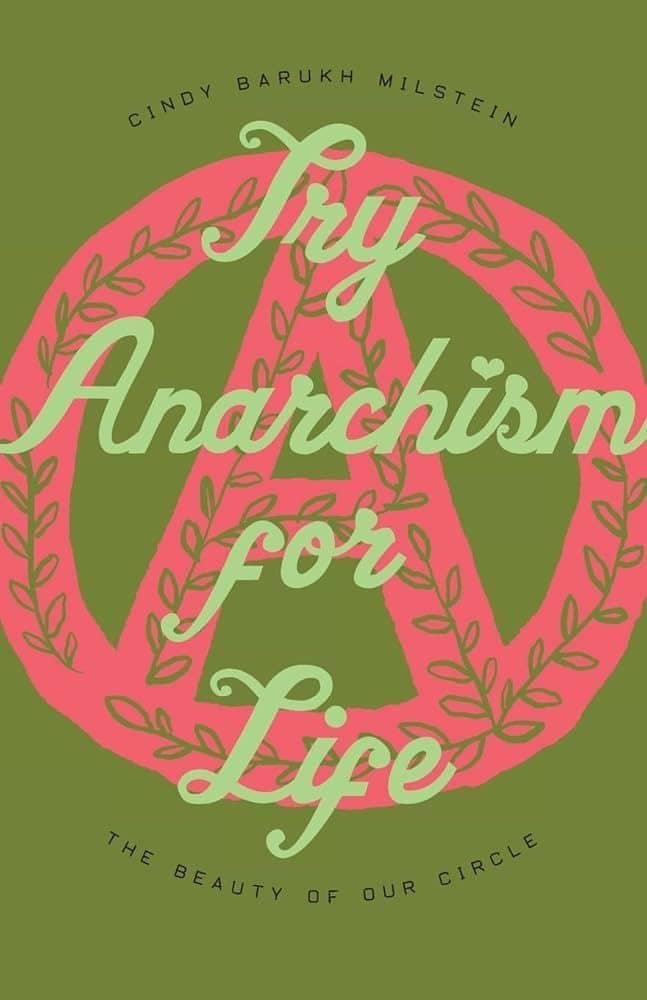⭐
With the current political climate, there are a multitude of comparisons to written speculative futures, such as Octavia Butler's Parables of the Sower, which depict dystopian society from tyranny. While there is much to compare with today and Butler's vision of the future, we all still have the power to resist through changing the past and present for better futures. Imagination is a powerful tool that we all can harness. While we often think of large scale imagination, we can also imagine in smaller, tangible ways where we can make things a reality in the near future. Utopian thinking is one way to bring back the idea of imagining small worlds for ourself into reality. Harkening back to the time when you put posters on a bedroom wall to represent a reality, what would exist on that wall today? What words or images would you collage together for imagining a small utopia that you want to exist in reality? How can you, yourself, make that happen?
Jan 23, 2025
Related Recs

During these times that can feel so hopeless and disempowering, Milstein encourages us to collectively dream of the futures we can build together.
So much of what keeps us stuck is a lack of imagination: there is only a two-party system, only a patriarchy, only capitalism. Anything other than what already exists is discredited as utopian at best and dangerous at worst. But what if there was an alternative to our current atomized way of living? What if, instead, we (re)build rich and vibrant communities where we could not only survive but thrive? Try Anarchism for Life helps us to ask those very questions, so we can see where they may lead us.
Another world is possible
Nov 30, 2024
🔙
We love looking backwards to try to get in touch with ourselves, our history, traditional ways of doing things. I think this is a noble pursuit but the pace of cycling through eras in the trend cycle for example has grown increasingly rapid to the point that it feels like we’re endlessly regurgitating everything all at once, without context.
Rediscovering the past can look like going back to pre-industrial ways of living which is a beautiful thing to strive toward. In a lot of ways, we’ve also abandoned a lot of traditional ways of doing things in favor of methods that are easier, faster, and simpler, not necessarily better.
On the other hand, one of the three essential elements to fascism identified by Jason Stanley is invoking a mythic past to manufacture nostalgia for a more traditional, patriarchal, and racially pure past, which is I think what we’re seeing with a lot of people who romanticize 1950s Americana as some kind of utopian traditional society.
Carl Sagan said:
“In general, human societies are not innovative. They are hierarchical and ritualistic. Suggestions for change are greeted with suspicion: they imply an unpleasant future variation in ritual and hierarchy: an exchange of one set of rituals for another, or perhaps for a less structured society with fewer rituals. And yet there are times when societies must change.”
“As a consequence of the enormous social and technological changes of the last few centuries, the world is not working well. We do not live in traditional and static societies. But our government, in resisting change, act as if we did. Unless we destroy ourselves utterly, the future belongs to those societies that, while not ignoring the reptilian and mammalian parts of our being, enable the characteristically human components of our nature to flourish; to those societies that encourage diversity rather than conformity; to those societies willing to invest resources in a variety of social, political, economic and cultural experiments, and prepared to sacrifice short-term advantage for long-term benefit; to those societies that treat new ideas as delicate, fragile and immensely valuable pathways to the future.”
So I think we need forward-thinking transformational change, though it may not be as comfortable as nostalgia…
Jan 15, 2025
